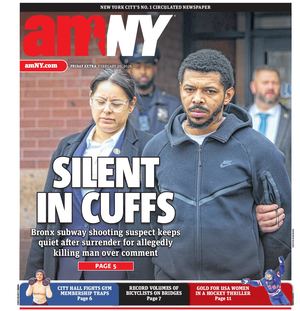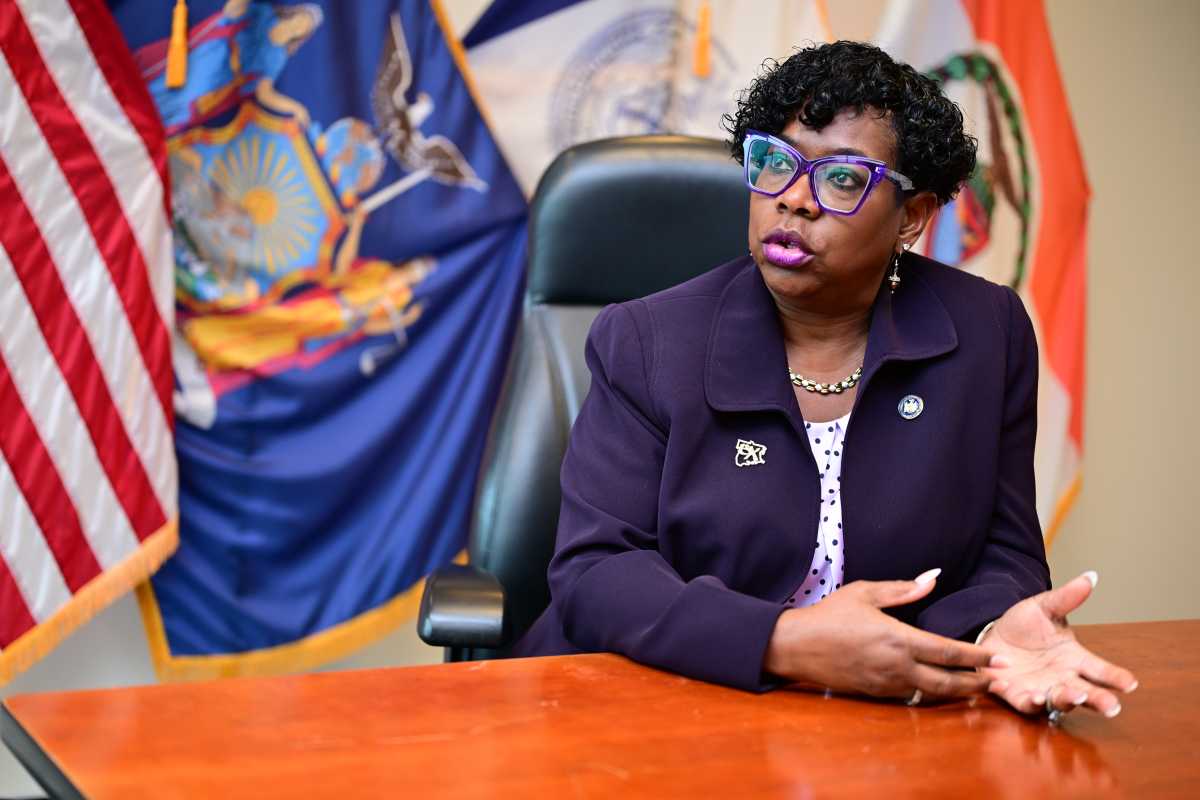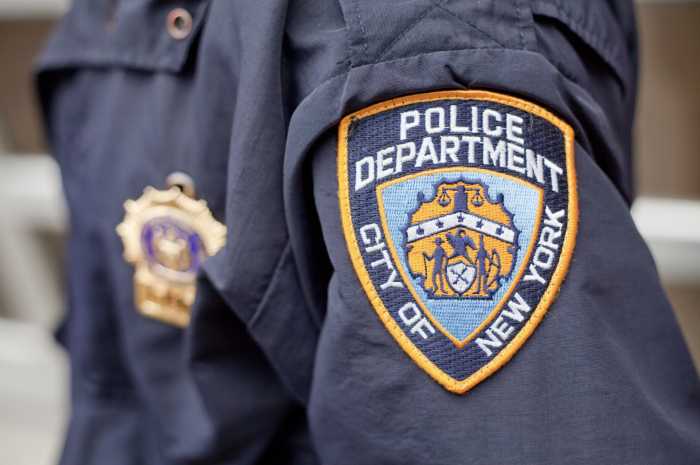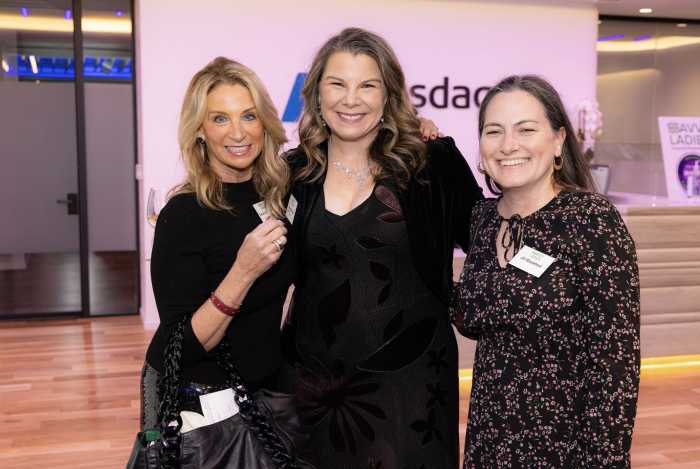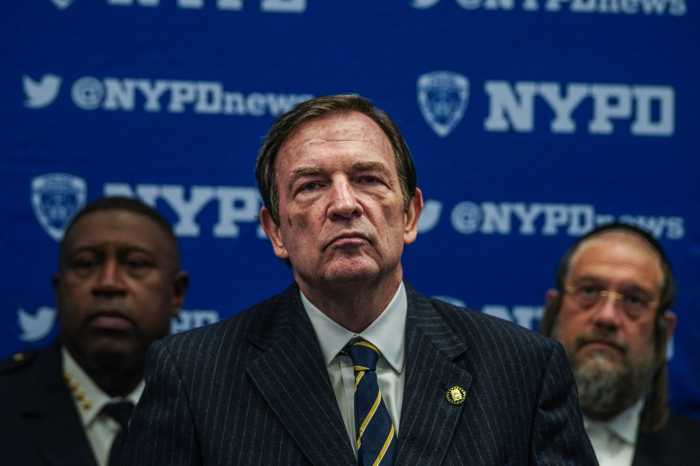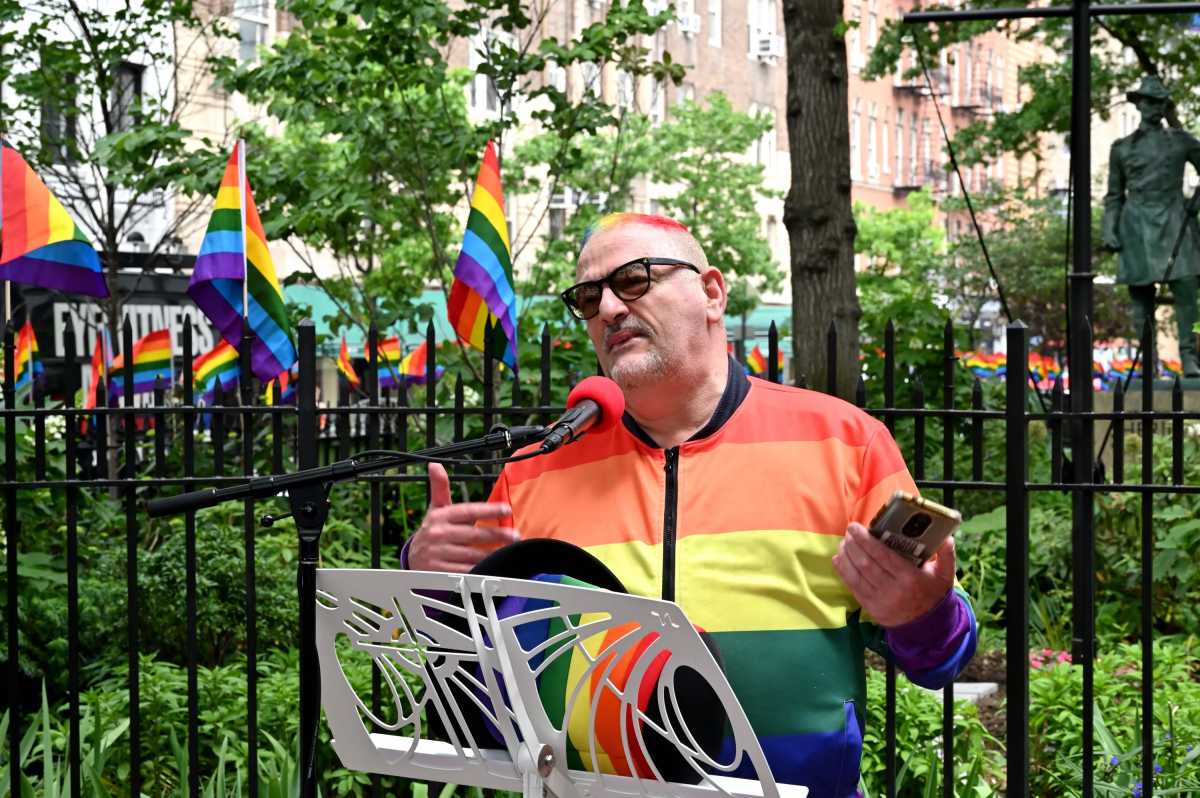Bronx District Attorney Darcel Clark oversees a challenging borough.
For decades the Bronx has surpassed the rest of the city in crime and poverty rates – including an increase in crime last year when it declined in the four other boroughs. Adding insult to injury, Clark said the city has been unwilling to fund criminal justice programs in the Bronx the way it does in Manhattan and Brooklyn.
“Invest in the community. They’ve never tried it like other boroughs — Brooklyn, Manhattan,” Clark said.
Clark said these statistics have contributed to a shortage of assistant district attorneys, the life blood of a DA’s office, who are tasked with leading cases — often from an early stage in their legal career. During the pandemic, staff resignations combined with increases in crime and larger caseloads and more burnout.
For five years Clark’s team has been contending with the discovery reform law, which required prosecutors to turn over evidence to defendants sooner than had been the practice or face risking dismissal of the case.
“We had a backlog of old work, and crime [had] risen. Cases were still coming in, and these same assistant DAs were killing themselves trying to do discovery on all of it,” Clark said.
But as of last month she’s been taking a victory lap after securing contentious changes to discovery reform, which she hopes will help balance out her office. Clark, who played a central role in Governor Kathy Hochul’s campaign to roll back the criminal justice reform package in the most recent state budget, is convinced that the law change is going to help her office get off to a fresh start.
She believes by easing the demands of discovery she’ll be able to boost staff retention.
“I’ll be able to retain my staff now, because so many of them were quitting. It was insurmountable for them. They worked so hard on these cases, and then it gets dismissed on the technicality. It was very demeaning to them, and they feel like they were failures…” she told amNY Law. “The more lawyers I can get there, the more work we can get done.”
Clark is accustomed to struggling against the odds. She was a first-generation college and law school graduate who grew up in public housing in the Soundview neighborhood in the South Bronx to start her career in the DA office during the crack epidemic in the 1980s. She then spent 16 years in the criminal court, supreme court and appellate division benches before returning to the DA’s office as its executive. She said that her upbringing in the Bronx is rooted in her commitment to public service and her understanding of community justice.
When asked to characterize her approach as a prosecutor, she said, “I’ll just say that I’m an authentic district attorney because what you see is what you get. This is still Darcel from Soundview Houses.”

In taking charge of the Bronx DA’s office in 2016, Clark described her vision as modernizing it. She has made her mark by implementing a series of restructurings and new bureaus, including a conviction integrity unit, alternatives to incarceration bureau and victims assistance program. But her tenure has also been marked by setbacks — often stemming from larger systemic issues. Connected to her office’s short-staffing, she inherited a backlog of cases that existed from the tenure of her friend and predecessor Robert T. Johnson, who traded roles with her
“I’m pragmatic. I’m progressive in some things and more aggressive in others. I have a balanced approach and I think it’s my judicial experience that brought me there,” Clark said. “I can see where the needs are and make sure, we have a hammer in a place we need a hammer, and we got a feather in a place that we need a feather.”
Though the DA was an early advocate for ending cash bail, and implemented a policy in her office that mirrored the 2019 state law, she refrains from generalized labels. She also initially supported discovery reform to ensure speedy trials but thought that the law went “way too far,” leading to cases being dismissed.
As a judge, she “presided over those cases. I saw [ADAs] at the last minute handing over evidence, defendants taking pleas without knowing all the evidence against them,” Clark said. “It needed to be changed. And ever since it passed, I have been working hard to get some revisions.”
The preexisting issues that her office faced strengthened Clark’s resolve to soften discovery, which she has been pushing for years to accomplish.
In this way, guaranteeing a speedy trial for defendants, a goal of the legislature’s original discovery law, came into conflict with her goal of improving morale in her office.
In a City Council hearing in March, Clark testified that felony dismissal rates in the Bronx increased from 26% in 2019 before the discovery law to 44% in 2024. Misdemeanor dismissal rates rose from 50% in 2019 to 73% in 2024.
A wave of resignations following the COVID pandemic led to her ADA staff dwindling to around 350 lawyers from 510— at the same time crime was rising throughout the city.
“Some of them just walked away. ‘I’m not doing that. I didn’t go to law school to be a paper pusher — to do document review.’ They want to get into court and try the cases or be a part of getting justice for the victims and the community.”
In the years since, her ADA staff has risen to 420 – still not at the headcount she had when she came into office, but steadily improving. When her numbers dipped down toward the beginning of the pandemic, Clark said she delivered a pay raise for her ADAs who were making the lowest salaries of all city DA offices. Currently, bar-admitted Bronx ADAs now make $90,000 per year — which she hopes will continue to improve retention.
Clark also doesn’t plan on stopping her legislative advocacy. With discovery done, she now wants to turn her attention to tweak portions of the Raise the Age Law, which is aimed to divert teenagers who are 16 and 17 out of adult courts and detention facilities. Clark said she wants to be able to prosecute all firearms charges for this age range, not just for instances where teenagers “display” a gun — as the law is now written.
“That’s going to be one of my priorities coming up in the next legislative session,” she said.
At the end of the day, Clark said she sees her role fundamentally as oriented toward the concerns of victims over the due process issues at stake in discovery.
“That’s the number one priority,” she said. “I’m going to do all that I can for victims, not at the expense of violating the rights of somebody else. But you better believe my number one priority is the victims of the crime.”
That doesn’t mean that Clark has overlooked carceral reform. She created the Bronx’s first-ever Conviction Integrity Bureau to investigate police or prosecutorial misconduct in wrongful convictions.
She has also pioneered alternatives to incarceration programs such as the Bronx Osborne Gun Accountability and Prevention (BOGAP), which offers to reduce a felony to a misdemeanor for first-time gun offenders under 30; and the Overdose Avoidance and Recovery (OAR) Program that offers recovery tools for those suffering from addiction.
Clark said that some of her belief in the need for these programs stems from her early legal career as an ADA where she spent 13 years prosecuting cases in an environment where prosecutors pursued every single violation of the penal code. She acknowledged that while it led to many convictions, it also contributed to mass incarceration.
“It was nail ‘em and jail ‘em,” she said. “In hindsight, a lot of that led to what we see now as mass incarceration. So I own part of that. But that’s what we thought public safety was about.”
Her family life steered her into public service. Her father, a porter in the Soundview Housing project, taught her about working and living in the community, while her mother, a community activist, instilled in her the importance of caring for people and problem-solving.
In 1999, she was appointed to the criminal court bench by Mayor Rudy Giuliani before she got elected to supreme court, and was appointed to the appellate division by Gov. Andrew Cuomo. Clark said she knew she always wanted to run for political office, so she jumped at the opportunity when the Bronx Democratic party asked her to consider the job of district attorney. Her husband served in the NYPD for nearly four decades. Her brother was a detective investigator who had to leave his post when she was elected to avoid a conflict of interest.
She was the first female district attorney of the Bronx, and the first African American woman or woman of color to be elected DA in the state. “So the Bronx has a legacy there,” she said.
Clark said that she may be on the road to recovering her office’s headcount, but that doesn’t mean that she’s not still fighting back disinvestment in the Bronx. This year Clark asked the City Council for an additional $25 million baseline funding for 87 new positions and additional office space, but last year she said she didn’t ask them for “a dime,” instead advocating to fund more community programs in the borough instead.
“When I talk to the Mayor’s Office of Criminal Justice or the mayor, everybody comes, they come up with all these blueprints on reducing crime, this, that and that…we’re gonna try this new pilot in Brooklyn. I stand up. Why Brooklyn? Why not the Bronx? They say, well they have the organizations and the facilities already there,” she said.
While the city saw its first year of declining crime rates under Mayor Eric Adams, major crime in the Bronx increased 1.4% in 2024 compared to 2023. As a result, Clark said she has to prioritize what the office prosecutes, focusing on most serious violent crimes. While she insisted that she’s not “ashamed to say ‘I’m the Bronx DA’” and “hold people accountable that cause harm,” she also reiterated that her message to the public is that the Bronx needs more funding for community-based organizations, who should have a bigger role in stemming crime.
“Don’t just look to me to solve it,” she said. “We should be the last resort, not the first resort… I cannot prosecute our way out of these problems. They need to look at the societal problems [that are] causing it.”
